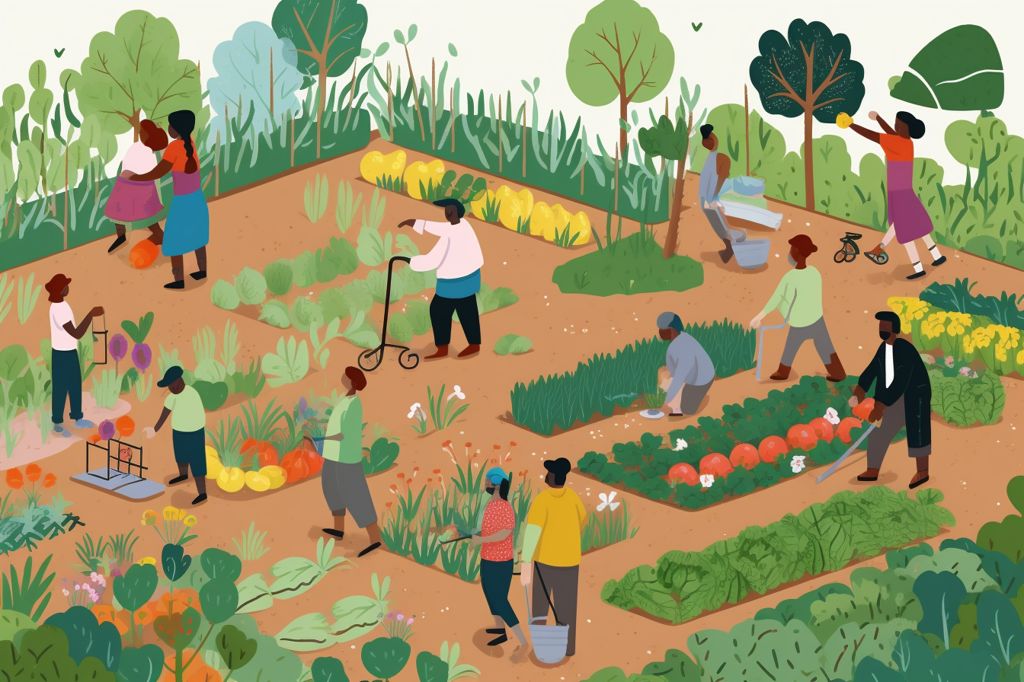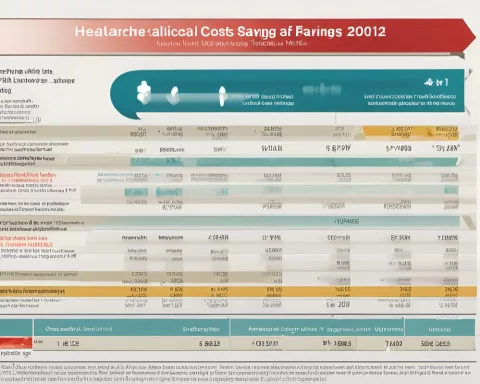Minister Thembi Nkadimeng, from the Ministry of Cooperative Governance and Administration (CoGTA), has revealed a new framework aimed at revitalizing the Community Work Programme (CWP). This initiative aims to tackle the challenges faced by the programme and transform it into a more sustainable and impactful project for the benefit of South Africa’s most impoverished communities.
The Importance of the Community Work Programme
Launched in 2010, the Community Work Programme is a government-wide, community-driven initiative aimed at providing consistent, predictable job opportunities for the poorest citizens. It serves as a safety net for those who are unemployed and under-employed, allowing them to earn monthly wages. Over 260,000 individuals have benefited from the programme so far.
Despite its commendable objectives and progressive policy outlook, the Community Work Programme has encountered various implementation and governance issues. Fragmented policy implementation and shortcomings in project and programme monitoring and evaluation have hindered the programme’s success.
A New Framework for the Community Work Programme
In response to these challenges, the Department of Cooperative Governance (DCoG) has introduced transitional measures to reposition the Community Work Programme. The new framework prioritizes deliverables that support municipal service delivery, economically viable enterprises, and quality training to help participants transition to sustainable livelihoods.
The revamped Community Work Programme aims to make a significant contribution towards supporting municipalities in delivering sustainable services across sectors such as road maintenance, solid waste management and recycling, and water leak and sewerage spillage management.
Extending the Reach of the Programme
Additionally, the programme aims to extend its reach to the social sector by promoting community gardening for food security, early childhood development for academic progression, and home-based care for the elderly and frail. The inclusion of enterprise development and entrepreneurship in the new framework will empower communities to engage in income-generating activities. These activities include ICT and digital services, brick making, sewing, bakeries, and commercialized agrarian projects such as poultry and goat farming.
Collaboration for Effective Implementation
The revitalization of the Community Work Programme comes at a crucial time when South Africa grapples with poverty, unemployment, and inequality. The collaboration of various stakeholders, including provincial local government, economic development departments, municipalities, and civil society organizations, is essential for the programme’s effective implementation.
Developing Skills for Sustainable Development
For the Community Work Programme to make a real difference, it must focus on developing participants’ skills to optimize work output and enhance their employability and self-employment prospects. Empowering communities through decision-making in the programme’s development process will ensure the initiative contributes to public asset development and service provision in impoverished communities.
Contract Takeover for Programme Evaluation
As the contracts of Implementing Agents (IAs) have come to an end, the Department aims to reconfigure the programme for maximum impact. The work previously done by IAs has been taken over by the Department, with provincial, district, and site staff directly contracted. This take-over will last for twelve months, allowing the Department to thoroughly evaluate the programme and address any gaps.
Minister Thembi Nkadimeng’s vision for the Community Work Programme holds the potential to bring about meaningful change in the lives of South Africa’s most vulnerable populations. By addressing the programme’s shortcomings and adopting a strategic, inclusive approach, the renewed Community Work Programme can make strides towards alleviating poverty and promoting sustainable development across the country.












